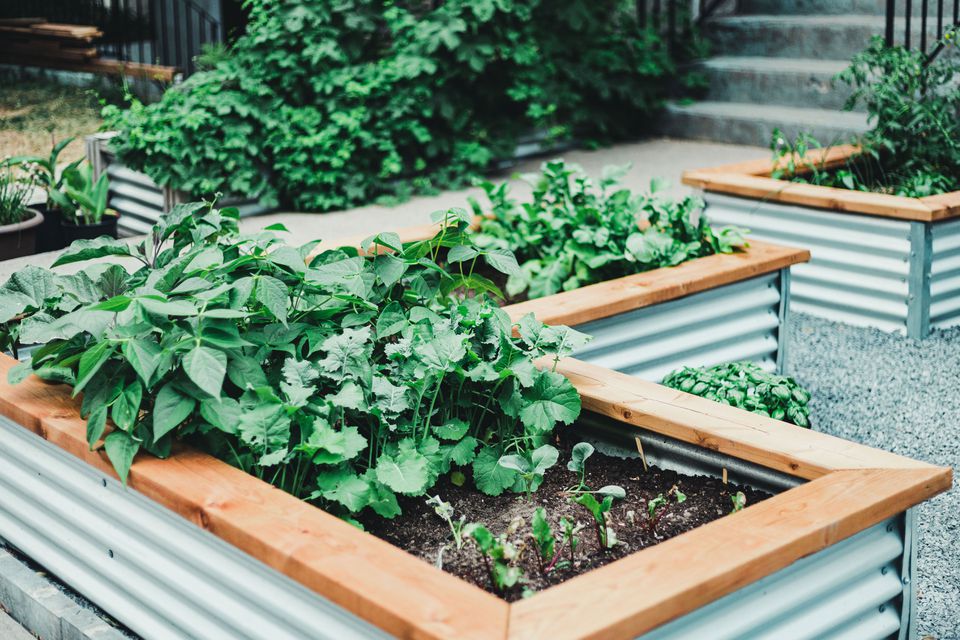What is Eco-Friendly Gardening and Why is it so Important?
10 February, 2024
Eco-friendly gardening, also known as sustainable gardening or environmentally-friendly gardening, is an approach to gardening that minimizes negative impacts on the environment while promoting biodiversity, conservation of natural resources, and overall environmental health. This type of gardening takes into consideration the entire ecosystem, including soil health, water conservation, biodiversity, and use of pesticides and fertilizers.
Key principles of eco-friendly gardening include:
- Organic Practices: Avoiding synthetic chemicals such as pesticides and fertilizers, and instead using natural alternatives like compost, mulch, and organic fertilizers.
- Water Conservation: Implementing water-saving techniques such as mulching, drip irrigation, rainwater harvesting, and choosing drought-tolerant plants.
- Soil Health: Building and maintaining healthy soil through practices such as composting, using organic matter, minimal tilling, and avoiding soil erosion.
- Biodiversity: Promoting a diverse range of plants to support pollinators, beneficial insects, and wildlife. This can involve planting native species, creating habitat diversity, and avoiding monoculture.
- Energy Efficiency: Using energy-efficient tools and equipment, minimizing use of fossil fuels, and utilizing renewable energy sources when possible.
- Waste Reduction: Minimizing waste through composting, recycling, and reducing the use of disposable materials.
- Sustainable Design: Incorporating sustainable design principles such as using locally sourced materials, designing for efficient water use, and creating wildlife-friendly landscapes.
Eco-friendly gardening is important for several reasons:
- Environmental Conservation: By reducing the use of synthetic chemicals and promoting sustainable practices, eco-friendly gardening helps protect soil, water, and air quality, as well as biodiversity.
- Climate Change Mitigation: Sustainable gardening practices can help mitigate climate change by sequestering carbon in the soil, reducing greenhouse gas emissions from fertilizers and machinery, and conserving water.
- Promoting Health: Organic gardening practices can reduce exposure to harmful chemicals for both gardeners and consumers of garden produce.
- Supporting Pollinators and Wildlife: By creating habitat and providing food sources for pollinators and other beneficial insects, eco-friendly gardens contribute to the health and resilience of local ecosystems.
- Resilience and Adaptation: Eco-friendly gardening practices help build resilient gardens that are better able to withstand extreme weather events, pests, and diseases.
Overall, eco-friendly gardening is essential for promoting sustainable living and preserving the health of our planet for future generations.
- Gardening
- hardscape
- Landscape
- Lawn
- Plantation and Maintenance
Categories
Latest Post
- Gardening
- hardscape
- Landscape
- Lawn
- Plantation and Maintenance







 .
.









